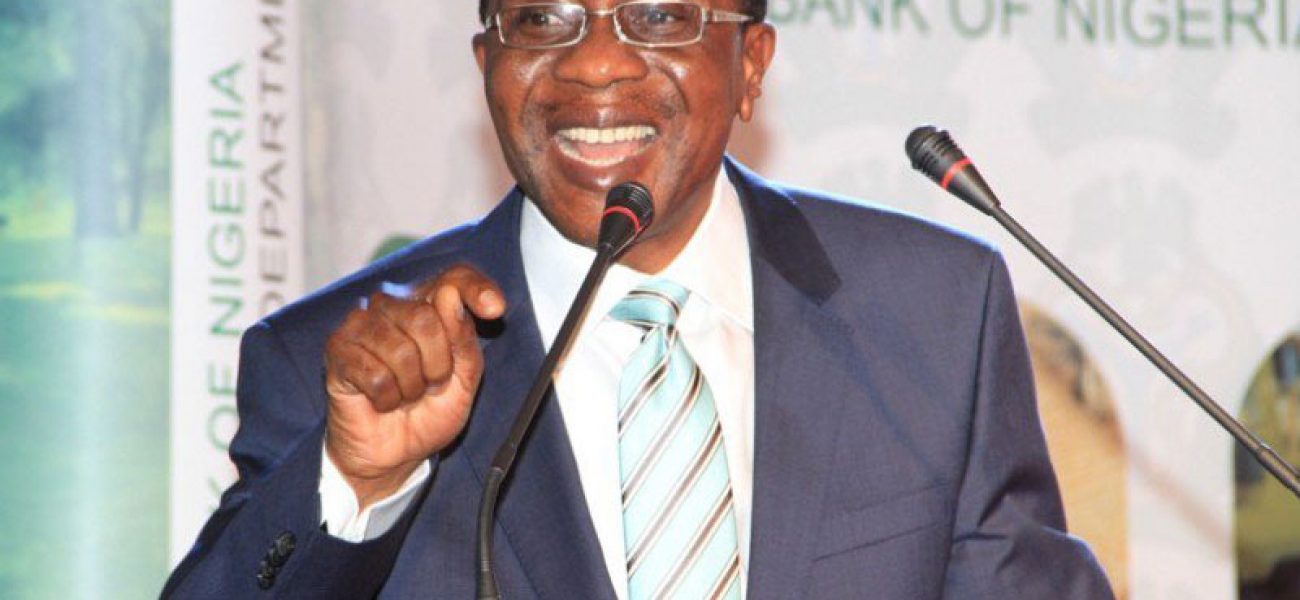In a recent policy reversal, the Monetary Policy Committee of the Central Bank of Nigeria (CBN) announced that it would be operating a managed float regime from 20th June 2016. This policy shift, will allow Nigerian currency to freely float in foreign exchange markets subjected to limited interventions by the CBN where the fluctuation is deemed undesirable or detrimental to economic growth.
In other words, the CBN will allow the forces of demand and supply to determine how much Naira is against major currencies and will intervene in the market occasionally.
The CBN claims that its change in policy was aggravated by the delay in the 2016 budget, fuel crisis, increase in electricity tariff, high unemployment, weakened macro economic environment and lack of transparency in the management of forex rates. CBN also stated that it could not sustain its previous rigid policy that generally defended the Naira against price fluctuations as a result of the over 70% drop in the price of crude oil, which contributes the largest share of foreign exchange reserves. Until now, CBN’s maintenance of strict forex control had resulted in an official rate and a parallel rate for the naira/dollar currency rate.
As part of the new monetary policy, CBN has stated that it will appoint primary and secondary dealers whose dealership would be categorised based on the volume of transactions.
Enumerating on some of the benefits of the policy, some have said that it would improve the economy and enhance the confidence of local manufacturers. There are also claims that it will impact on non-oil exports and enable the Government have a clearer picture of its proceeds as a result. Other advantages include that investors are also likely to be more confident about the state of the local currency against the dollar.
The new policy hopes to solve some deficiencies that were inherent in the last system like round tripping as the forex allocation obtained at the official window price to a privileged few was often sold at an outstanding profit margin. Furthermore, in view of Nigeria’s current economic climate, it seemed like a waste of resources to defend a currency whose economy is failing as the Naira was still losing its value and our scarce foreign reserves have been drastically reduced.
However, the CBN Governor, Mr. Godwin Emefiele has stated that there will be a small window for obtaining forex at an official interbank window for the funding of critical projects to boost industrial development and drive the government’s emancipation plan. However, to prevent a return to the old system and prevent abuse, it has been recommended that a detailed guideline outlining the parameters and ambit of institutions that qualify should be formulated. It has also been advised that CBN institute far reaching monetary policies that will guard against a soaring inflation rate and institute other measures that will increase the value of the Naira. This is because every currency is representative of the strength of its country’s economy. Therefore, the growth of the economy is largely dependent on CBN’s ability to develop sound policies that can address the challenges facing the country and the government must design fiscal measures that can implement CBN’s initiatives.
CBN may have also adopted a managed float policy to prevent the economic consequences of depreciation. This is because when a currency depreciates, it causes inflation, which discourages savings and consumption, investment and dampens economic growth. If people cannot spend money on goods and services, businesses shrink and lose profits. However, it has been argued that the Nigerian forex policy would be more useful if Nigeria had a solid manufacturing base as the managed float regime will most likely increase the price of imported capital technology for local manufacturers, which is a problem for a country like Nigeria that is highly dependent on manufacturers imports from abroad.
It also follows that the CBN must closely monitor the implementation of the policy and make adjustments as the occasion demands. Already, Customs has reported that it has generated 35 % less than what was predicted to get from January to May 2016. It has also partly attributed this loss to variables including the CBN’s new forex policy and an increase in the volume of credit.
However, since one of the gains of the new forex policy is that it will be more transparent and allow the naira trade at a realistic value, the biggest challenge remains Nigeria’s policy direction on economic issues as the Government must complement the CBN’s policy with a full implementation of the budget; most particularly its capital expenditure to reflate the economy and steer the country away from recession.

